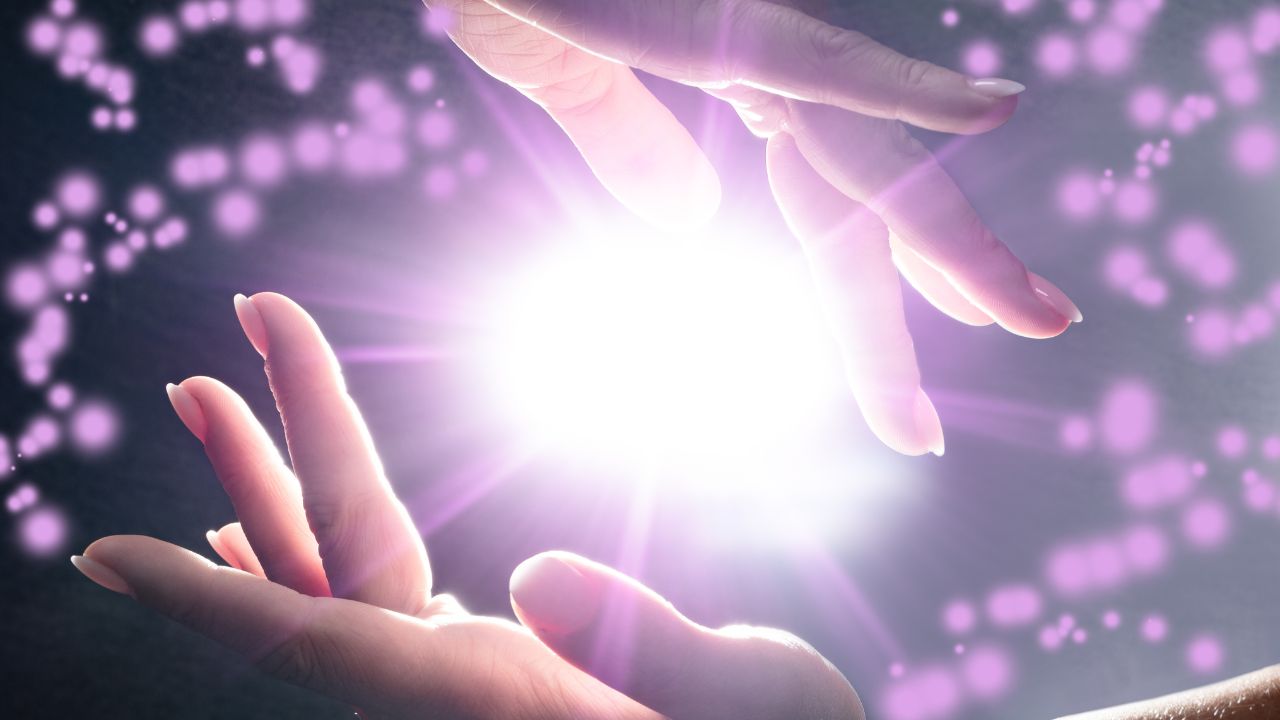Introduction
In a world filled with modern medicine and scientific advancements, alternative healing practices like Reiki have been gaining popularity for their holistic approach to well-being. Rooted in ancient Japanese traditions, Reiki offers a unique blend of relaxation, energy balancing, and emotional healing. In this blog, we’ll delve into what Reiki is, its benefits for all, and how it can help alleviate various diseases.


What is Reiki?
Reiki is a gentle and non-invasive healing technique that originated in Japan in the early 20th century. The word “Reiki” is derived from two Japanese words: “rei,” which means universal, and “ki,” which refers to life force energy. Reiki practitioners believe that every living being has a life force energy flowing through them, and this energy can become imbalanced or blocked, leading to physical and emotional issues. Reiki aims to restore and harmonize this energy, promoting overall well-being.
How Does Reiki Work?
Reiki is administered by a trained practitioner who uses their hands to channel healing energy into the recipient’s body. The recipient can be fully clothed and seated or lying down during the session. The practitioner places their hands lightly on or above various energy centers (chakras) and other parts of the body, allowing the universal life force energy to flow through them and into the recipient. This process helps clear energy blockages, release tension, and promote relaxation.
The Benefits of Reiki for All
- Stress Reduction: Reiki promotes deep relaxation, reducing stress and anxiety. It helps calm the mind and can be especially beneficial in today’s fast-paced world.
- Pain Management: Many individuals report relief from physical pain and discomfort after Reiki sessions. It can complement conventional medical treatments to manage pain.
- Improved Sleep: Reiki can improve sleep quality by helping individuals relax and release the day’s accumulated tension.
- Enhanced Emotional Well-being: Reiki addresses emotional imbalances by clearing negative energy patterns. It can aid in healing past traumas and fostering emotional resilience.
- Boosted Immune System: Some studies suggest that Reiki may strengthen the immune system, making the body more resilient to illness.
Reiki and Various Diseases
While Reiki is not a substitute for medical treatment, it can complement traditional healthcare approaches and contribute to improved overall health. Here are a few ways Reiki can help with specific diseases:
- Cancer: Reiki may help alleviate the side effects of cancer treatments such as chemotherapy and radiation. It can reduce anxiety, improve sleep, and promote relaxation during a challenging time.
- Chronic Pain: Individuals suffering from chronic pain conditions like fibromyalgia or arthritis often find relief through Reiki. It can help manage pain and improve the quality of life.
- Mental Health: Reiki can be a valuable addition to therapy for individuals dealing with depression, anxiety, or PTSD. It fosters emotional healing and provides a sense of calm.
- Digestive Disorders: Reiki can support digestive health by reducing stress-related symptoms and promoting relaxation, which can aid in the healing process.
- Autoimmune Disorders: While not a cure, Reiki may help manage symptoms associated with autoimmune diseases, potentially improving the overall quality of life for those affected.
Conclusion
Reiki is a holistic healing practice that offers numerous benefits for people of all ages and backgrounds. From reducing stress and anxiety to assisting with various diseases, Reiki has the potential to enhance your physical, emotional, and spiritual well-being. While it’s essential to consult with healthcare professionals for serious medical conditions, Reiki can be a valuable complementary therapy on your journey toward better health and inner harmony. Consider exploring this ancient Japanese healing art to experience its profound effects for yourself.
Consult Now: https://healme.in/find-doctor-healer/
Our Charity Partner: Aanchal Saraswati Vidyamandir Charitable Trust (ASVCT)

